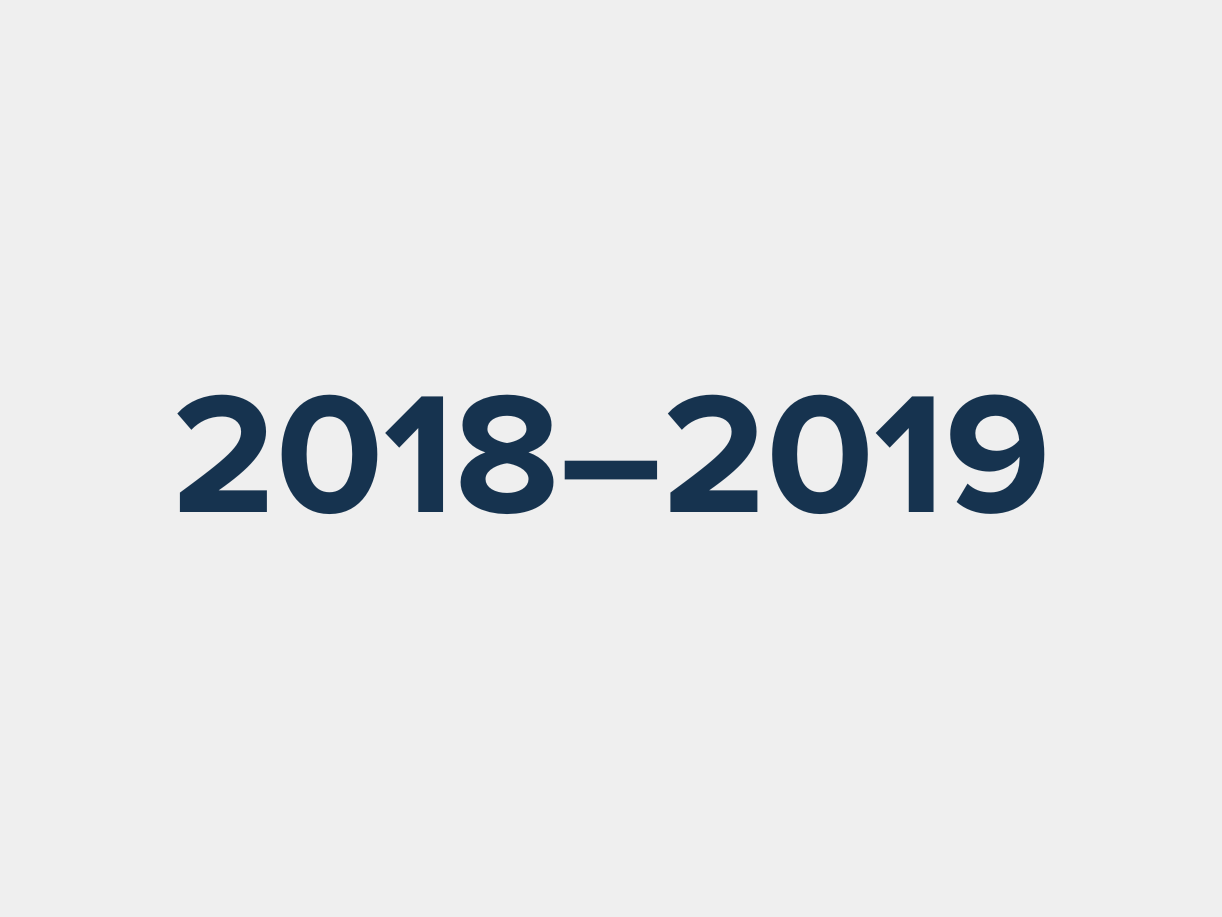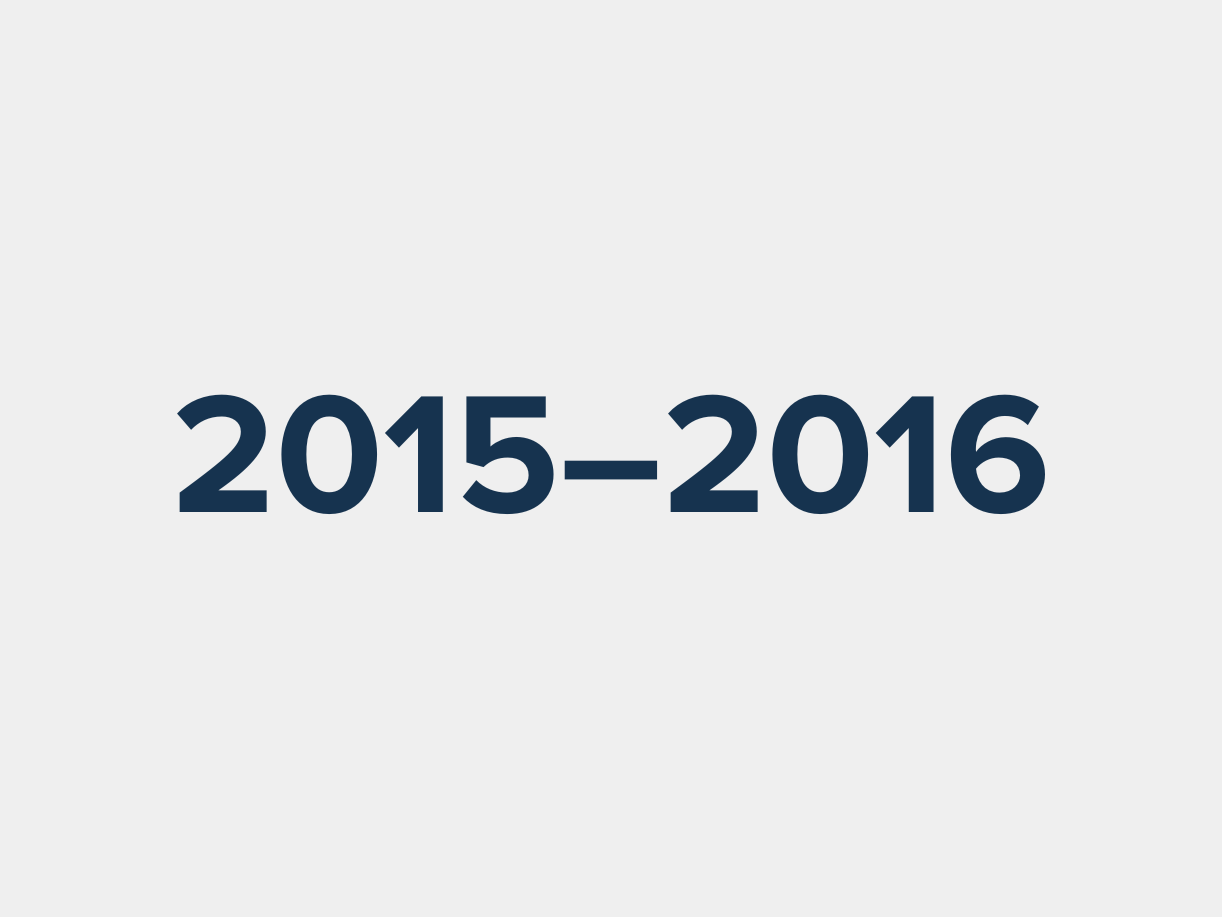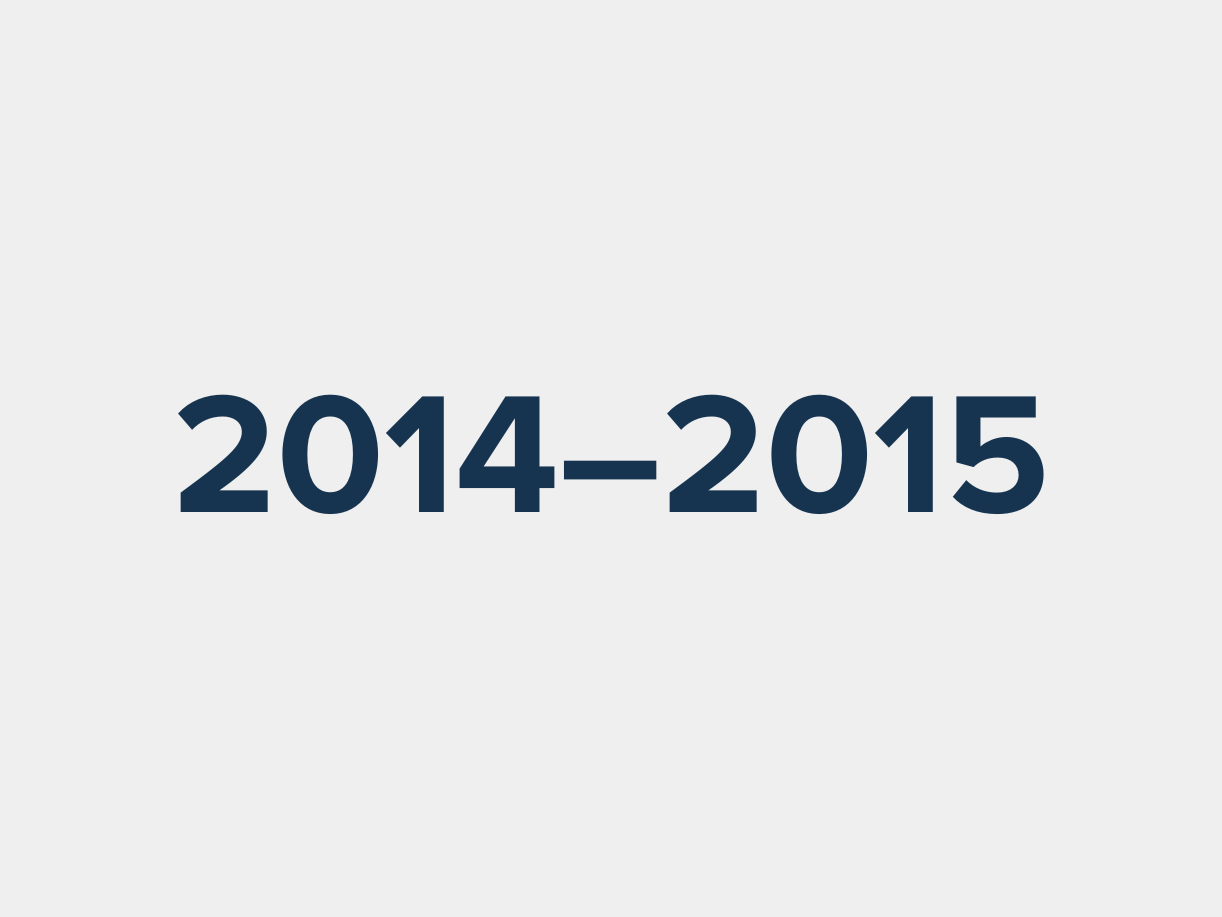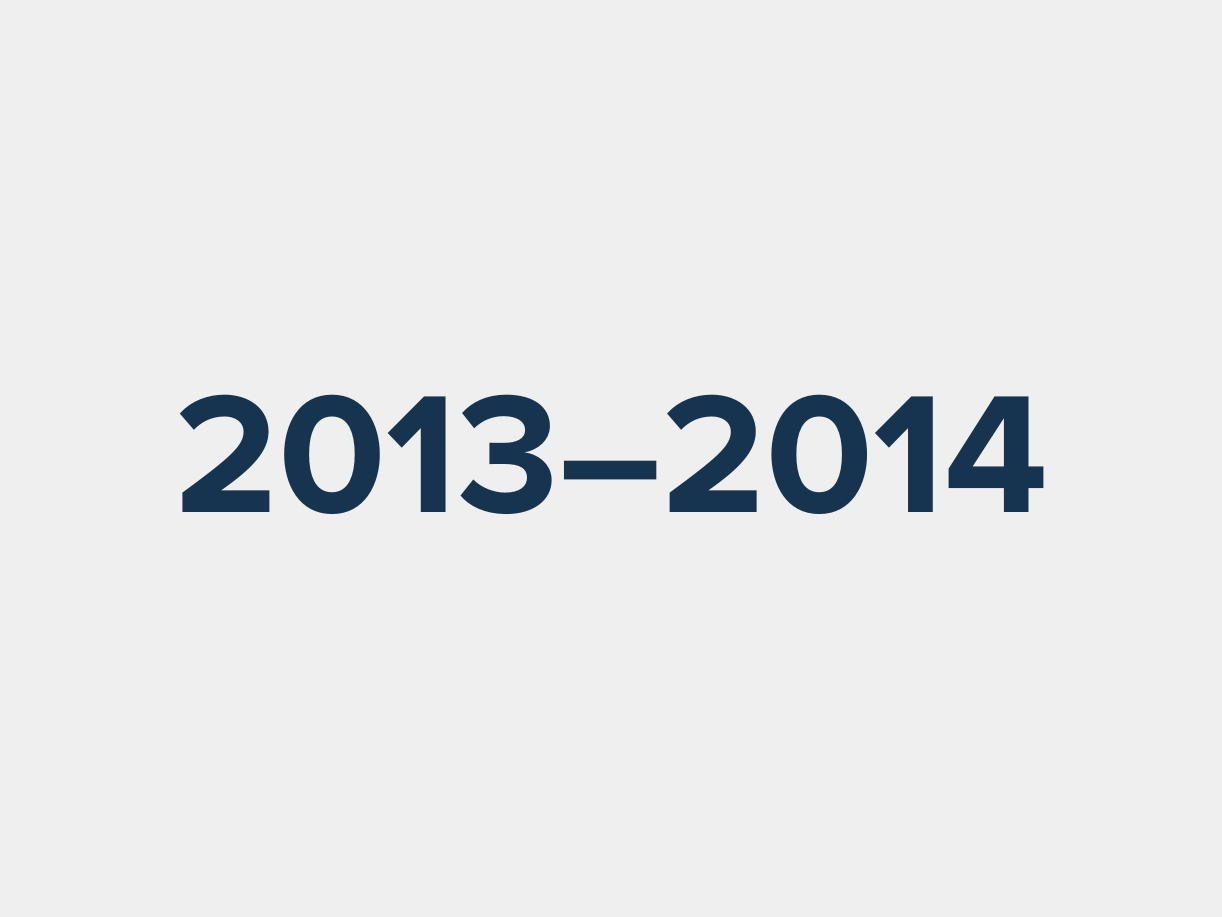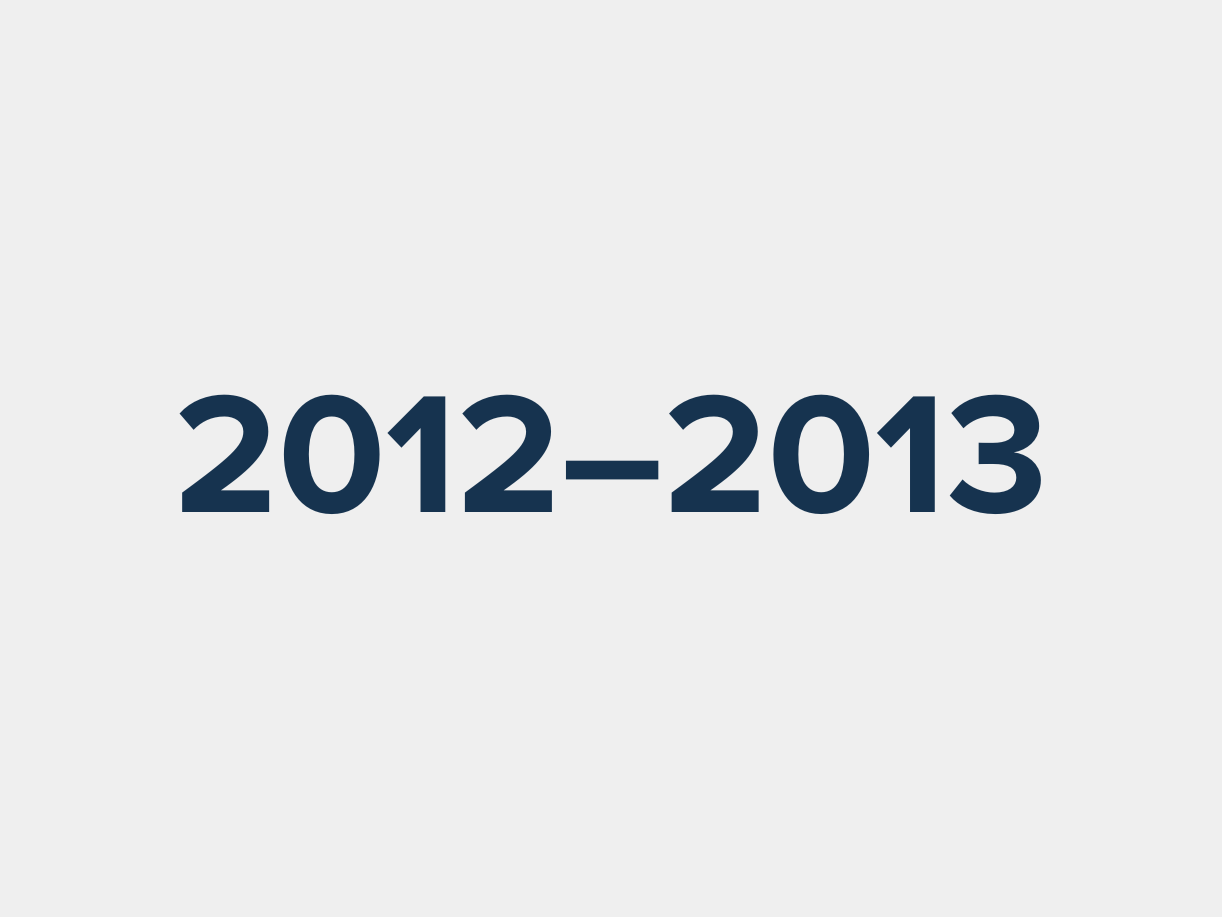2024–2025 Fellows
Academia Sinica (Taiwan)
Burke Fellow in the Conservation of Cultural Heritage in Japan and Italy
Chinese Baimiao painting and European drawing at the Qing Dynasty court
2024–2025: Fall
Yu-chih Lai is an art historian specialized in Chinese art. Her two fields of research are Shanghai art in the 19th century, and the globalized visual and material culture of the Manchu Chinese court in the 18th century. She received her Ph.D. in the History of Art from Yale University and is an associate researcher in the Institute of Modern History, Academia Sinica, Taiwan.
She has received many important grants, fellowships, and visiting positions, including: Member of the Institute for Advanced Study; Foreign Researcher of the Institute of Advanced Studies on Asia at The University of Tokyo: Heinz Goetze Visiting Professor for Chinese Art History at Heidelberg University; Post-doctoral Fellowship at the J. Paul Getty Center; and Jane and Morgan Whitney Art History Fellowship at The Metropolitan Museum of Art.
Currently she is working on a book manuscript tentatively titled Visual Governance: Art, Knowledge, and Politics in the 18th-Century Qing Court.
Website: https://sinica.academia.edu/UserDetailaspxuserID119mid16tmid2
Orta Doğu Teknik Üniversitesi (Turkey)
Weinberg Fellow in Architectural History and Preservation
Constructing memory in Byzantine architecture: spolia as a mnemonic device
2024–2025: Fall
Ufuk Serin is currently an associate professor of architecture at the Middle East Technical University (METU) in Ankara. After graduating from the Department of Architecture at METU, she obtained her M.Sc. in Cultural Heritage Conservation from the same university. She received her doctoral degree in Early Christian Art and Archaeology from the Pontificio Istituto di Archeologia Cristiana (PIAC) in Vatican City. She has been the recipient of doctoral and post-doctoral research grants and fellowships from various prestigious institutions, including Fiat International and the Koç Foundation (1998–2000); the Alexander S. Onassis Public Benefit Foundation (2010); the Dumbarton Oaks Research Library and Collection, Harvard University (1999 and 2008); the Kunsthistorisches Institut in Florenz – Max-Planck-Institut (2010–2011); the Cotsen Institute of Archaeology at the University of California, Los Angeles (UCLA), in association with the School for Advanced Research (SAR) (2011); and Koç University’s Research Center for Anatolian Civilizations (ANAMED) (Spring 2024–2025). Dr. Serin has decades of professional experience in archaeological field survey and excavation. She coordinated the Turkish component of the partnership in the Byzantium – Early Islam Project (BYZeIS) of the Euromed Heritage III Program, funded by the European Commission. Her research interests primarily include Late Antique and Byzantine architecture and urbanism, Early Christian and Medieval archaeology, combined with studies in architectural history, contested heritage, and the interpretation and presentation of heritage sites.
Università di Torino (Italy)
The last dragomans: teaching Oriental languages in late nineteenth-century Venice
2024–2025: Spring
A postdoctoral fellow at the University of Turin, Tommaso Munari earned a Ph.D. in History from the European University Institute in Florence. His research interests encompass the history of publishing, universities, and scholarship in modern Europe, with a special focus on the exile of Jewish scholars from fascist Italy. He is a regular contributor to the Sunday literary supplement of Il Sole 24 Ore. His latest book, L’Italia dei libri (Einaudi, 2024) explores the role of publishers in Italian history from the Risorgimento to the Republic. At the Italian Academy, he will work on a project concerning the teaching of Oriental languages in late nineteenth-century Venice, tentatively titled The Last Dragomans.
Columbia University (USA)
Habit and reward circuits in the basal ganglia
2024–2025: Fall and Spring
Stefano Cataldi has 10 years of experience in research, first at the University of Ferrara, and later through his graduate work in the Neuroscience program at the University of British Columbia (UBC). His educational background is in pharmacology. He completed his graduate program at UBC with Prof. Matthew Farrer and Dr. Austen Milnerwood where he utilized mouse genetic models of Parkinson’s Disease to understand early behavioral and neurochemical effects of the illness. He has begun investigating the basal ganglia from a movement/neurodegeneration angle, but current projects have led him towards the understanding of the association of environmental cues with reward and subsequent formation of habits. He is currently an Associate Research Scientist at Columbia University (CU), studying complex cognitive abilities with a focus that includes behavioral tasks important for motor disorders as well as mental disorders such as schizophrenia and drug addiction.
At CU, he has been a steward for the Postdocs and Associate Research Scientists Union, contributing to improving working conditions for all postdocs and other employees within the university. The group's work includes the creation of the committee for power-based harassment and the working group IDEAL: Inclusion, Diversity, Equity, Accessibility, and Leadership, both aiming at creating a safe and fair work environment for all workers at Columbia.
Website: www.pharmacology.cuimc.columbia.edu/research/sulzer-lab
Print Quarterly (UK)
Natale Bonifacio’s Allusioni for Pope Gregory XIII, 1582–1588
2024–2025: Fall
Rhoda Eitel-Porter is an art historian and editor of the journal Print Quarterly. She previously worked for eleven years at the Morgan Library & Museum, New York, ultimately as head of the department of drawings and prints. Prior to this, she was special assistant at the British Museum, London. She continues to lead the curating prints seminars offered by Print Quarterly and funded by the Getty Foundation’s Paper Project.
Rhoda is a specialist in Italian sixteenth-century drawings and prints, although her research interests also extend to late twentieth-century American and German art. Her Ph.D. on the Roman mannerist draughtsman and painter Cesare Nebbia was published in 2009, and she co-authored Mannerism and Modernism: The Kasper Collection (2010) and Italian Renaissance Drawings at the Morgan Library & Museum (2019). Recent publications include articles on drawings for Dante's Divine Comedy; Robert Rauschenberg and Claes Oldenburg; and Lelio Orsi, as well as the essays “Crosshatched: Printmaking, Book Illustration and Drawing in Late Sixteenth-Century Rome,” in: La Scintilla Divina. Il disegno a Roma tra Cinque e Seicento, edited by S. Albl and M. S. Bolzoni (2020) and “The Morgan Dante Drawings in Context: Book Illustrations and Drawings,” in: Immaginare La Commedia, edited by C. Perna (2022).
Website: independent.academia.edu/RhodaEitelPorter
Columbia University (USA)
Toward a neuro-computational account of context-dependent visual aesthetic experience
2024–2025: Fall & Spring
Pradyumna Sepulveda is a postdoctoral researcher in cognitive neuroscience focusing on human decision-making. He obtained a Biotech Engineering degree and an MSc in Electrical Engineering from Pontificia Universidad Catolica in Chile. Moving towards neuroscience, Pradyumna completed an MSc in Neuroscience at King’s College London and a PhD in Cognitive Neuroscience at University College London. Recently, he was a postdoctoral researcher in the Department of Psychiatry at Columbia University.
Pradyumna’s research has explored decision-making and its interaction with goals and contexts. His work combines neuroscience and computational tools to understand the behavioral and neural flexibility in choices made by healthy and clinical populations. Aesthetic decisions hold a unique position and challenge since they may combine individual subjective tastes with universal concepts and commonalities. Further, the value assigned to an aesthetic experience may also be dynamic and prone to be updated by experience and personal goals. At the Academy, he will study how contextual information can affect the value of visual aesthetic experiences. For this, he will use computational models to reveal the integration of multiple visual features to construct individual preferences. He will also track attention and brain dynamics that could reveal mechanisms behind aesthetic value computation.Syracuse University (USA)
Weinberg Fellow in Architectural History and Preservation
Propelling Italy into a new century: Fiat, corporate identity, and Arte Nuova
2024–2025: Spring
Peter Clericuzio is an architectural historian based in the School of Architecture at Syracuse University, specializing in modern architecture primarily in Europe and North America between 1800 and 1970, with a particular interest in Francophone countries and the connections between architecture and the decorative arts, material culture, and urbanism. He received his PhD from the University of Pennsylvania, and has held visiting positions at the University of Edinburgh, University of Pittsburgh, University of Tennessee, and Florida International University. His articles and essays have appeared in such publications as the Journal of the Society of Architectural Historians, the Journal of Decorative and Propaganda Arts, Architectural History,and Nineteenth-Century Art Worldwide.
Peter is the author of Building a Regional Modernism: Art Nouveau Architecture in Nancy, 1898–1920, currently under contract with McGill-Queens University Press, and the co-author of Myth and Machine: Art and Aviation During the First World War (The Wolfsonian–FIU, 2014). He is currently completing a second monograph, A Sustainable Modernism?Le Corbusier and the French Reconstruction, 1945–52, for Lund Humphries. At The Wolfsonian–FIU, he curated and co-curated numerous exhibitions on modern architecture, design, graphic arts, and material culture, including Crisis and Commerce: World's Fairs of the 1930s (2013), The Theaters of S. Charles Lee (2013–14), and Visualizing the Information Age (2015). His work has been supported by a Fulbright Advanced Research Grant as well as grants from the Society of Architectural Historians Great Britain and the University of Edinburgh, among others.
At the Italian Academy, Peter's research will form the basis of a new monograph, tentatively titled Italian Modernism for a New Century: Fiat, Corporate Identity, and Arte Nuova, 1899–1924, which investigates the links between the nascent Italian auto industry at the dawn of the twentieth century and the Stile Liberty, or Arte Nuova, the Italian variant of the style called Art Nouveau, and their critical role, in conjunction with the staging of international expositions, in producing the first aesthetic language for Italian modernism, thus predating the more celebrated Futurist movement by at least a decade.Columbia University (USA)
NOMIS Foundation Fellow
A new approach to 3D vision
2022–2025: Fall and Spring semesters
While at the Italian Academy as a Fellow, Paul has also been a Presidential Scholar in Society and Neuroscience; starting in August 2024, his work here is supported by a NOMIS Foundation grant to the Italian Academy.
Paul Linton is a neuroscientist and philosopher specialising in 3D vision. He is the author of the book The Perception and Cognition of Visual Space (Palgrave Macmillan, 2017), and the lead editor of the Royal Society volume New Approaches to 3D Vision.
Paul received his PhD in 2021 from the Centre for Applied Vision Research at City, University of London, where his research challenged our understanding of distance perception (see the Psychonomic Society podcast “Knocking a longstanding theory of distance perception”), and was also part of the DeepFocus team at Meta Reality Labs.
At the Italian Academy he has developed new theories of Visual Scale (the perceived size and distance of scenes and objects) and Visual Shape (the perceived 3D geometry of scenes and objects), now published in his article “Minimal Theory of 3D Vision: New Approach to Visual Scale and Visual Shape” (2023), and at the Vision Sciences Society (2024) he presented the “Linton Stereo Illusion”, a new way of investigating human stereo vision.
For more details on his work please see https://linton.vision, and follow him on Twitter at https://twitter.com/LintonVision.
Università Roma Tre (Italy)
The autonomy of mind and reason: a neglected philosophical legacy in cognitive neuroscience
2024–2025: Fall
Paolo Pecere is associate professor of History of Philosophy at the University of Roma Tre. He was a Fulbright Research Scholar at New York University (2016–17). His research ranges from early modern to contemporary philosophy, natural science and psychology, with a main focus on Kant and the Kantian legacy. His books include: La filosofia della natura in Kant (2009), Meccanica quantistica rappresentazione realtà (2012, con A. Bassi e N. Argentieri), Dalla parte di Alice. La coscienza e l’immaginario (2015), Soul, Mind and Brain from Descartes to Cognitive Science. A Critical History (2020), and La natura della mente (2023). He is also a writer of fiction and non-fiction: he published two novels (La vita lontana, 2018; Risorgere, 2019), and the narrative essay Il dio che danza. Viaggi, trance, trasformazioni (2021). The new narrative essay Il senso della natura. Sette sentieri per la Terra (Sellerio, 2024) deals with ecology and our relationship with landscape and other living beings in the contemporary world. A translation will be published in Spain by Anagrama, and more translations are being planned.
Università degli Studi di Padova (Italy)
The vernacular and the rhetoric of science at the Accademia degli Infiammati in Padua
2024–2025: Spring
Paolo Celi is the Principal Investigator in a University of Padua research project on sixteenth-century correspondence sonnets, based on the case study of the Florentine poet, philosopher, and historian Benedetto Varchi. He graduated in Modern Philology with Giuliano Tanturli at the University of Florence and obtained his PhD in Italian Studies at the University of Pisa with a project on Bronzino's lyric poetry, for which he is preparing a complete critical and annotated edition. He was recently an Ahmanson Fellow at Villa I Tatti, the Harvard University Center for Italian Renaissance Studies (2022–2023), and an H.P. Kraus Fellow at the Beinecke Rare Book and Manuscript Library at Yale University.
Università degli Studi di Palermo (Italy)
The anxious storyteller: narrative as unburdening
2024–2025: Fall
Michele Cometa is a Professor of Cultural Studies and Visual Culture at the University of Palermo. His research interests include Aesthetics (especially word-text relations, iconotexts, and optical devices in literature), 18th-, 19th-, and 20th-Century literature and culture (German cultural history, the age of Goethe, Romanticism) and Biopoetics (cognitive bases of narrativity and picture-making, literature, and evolution). He has edited the Italian translation of many classics of aesthetics and literary works.
He has been a fellow of the Sterling and Francine Clark Art Institute (2015) and of the Italian Academy (2015–2016) and held the “De Sanctis” Chair at the ETH Zurich (2022).
In 2019 he was awarded the city of Stendal’s Winckelmann Medal. In 2017 he was awarded the Pozzale Luigi Russo Prize for the book Why Stories Help us to Live (Raffaello Cortina, 2016), which is the outcome of research undertaken at the Italian Academy in 2015–2016. During his stay at the Italian Academy, he will focus on the philosophical and cognitive meaning of anxiety for a theory of narrative.
Website: www.michelecometa.it
Duke University (USA)
Ruinscapes and neuroartifacts
2024–2025: Fall
Maurizio Forte is William and Sue Gross Professor of Classical Studies and Art, Art History & Visual Studies at Duke University. He is a classical archaeologist and scholar specializing in the innovative use of digital technologies in archaeological research and cultural heritage preservation. He has made significant contributions to the field through interdisciplinary collaboration, cutting-edge technology integration, and pioneering methodologies. Forte’s research interests encompass various aspects of archaeology, including landscape archaeology, virtual reconstructions of ancient sites, and the exploration of the sensory experiences of past civilizations. He is known for his work at several archaeological sites worldwide, where he has applied advanced techniques such as 3D modeling, virtual reality, remote sensing, AI and neuroscience applications to enhance our understanding of ancient cultures. In addition to his scholarly endeavors, Maurizio Forte has published a substantial body of literature, comprising over 300 research papers, and he is the author and editor of 23 books.
Website: https://www.maurizioforte.com/
Northwestern University (USA)
Thinking on one’s feet: embodied cognition in early modern Italy
2024–2025: Fall and Spring
Lucia Delaini researches embodied cognition in the Early Modern, specifically the role of the body in operations of virtue- and knowledge-acquisition. During her Ph.D. in Rhetoric and Public Culture at Northwestern University, she explored 16th-century cognitive beliefs regarding the role of perception, imagination, and space navigation, in processes of knowledge-formation. She is especially interested in practices that involve the body for fast and efficient re-structuring of one's habits and automatisms.
Previous to Northwestern, she earned degrees in Literary Studies and Philology, Comparative Literature, and Communication Sciences, with diverse foci—from Italian history to 20th-century political philosophy and critical theory. Her studies were developed across Europe through various fellowship programs (Universities of Padua and Verona in Italy; Ludwig-Maximilian University of Munich in Germany; and École Normale Supérieure of Lyon in France), including a tri-lingual Master's program, “Crossways in Cultural Narratives,” sponsored by the EU between the University of Bergamo (Italy), NOVA University Lisbon (Portugal), and the University of Guelph (Canada).
In her Ph.D., Lucia mostly worked with the practices described in Memory Arts manuals. At the Italian Academy, she will examine manuals for dancing and fencing of the Early Modern period, as possible vectors of systematic self-change. Through an analysis of the embodied practices described there, as well as of the theories accompanying them, she will investigate the mechanisms in dance moves and sword-yielding that lead to the acquisition of civic and courtly virtue. In particular, her focus will be on the workings of individual awareness and agency in these collective activities.
Bryn Mawr College (USA)
Resistance to Neo-Platonic innovations and deviant intellectuals in the circle of Lorenzo de’ Medici: the case of Luigi Pulci
2024–2025: Spring
Luca Zipoli is Assistant Professor in the Department of Transnational Italian Studies at Bryn Mawr College. He holds a Ph.D. in Italian literature from the Scuola Normale Superiore in Pisa, where he also pursued his undergraduate degree. Before joining Bryn Mawr College, he researched and taught at Princeton University, New York University, and the Princeton Study Abroad Program. His main research interests include Fifteenth- and Sixteenth-Century Italian epics and theatre, with a specific focus on the figures of Luigi and Antonia Pulci. He addresses this area of scholarly interest through a broadly interdisciplinary perspective, privileging the intersections of fields such as history and visual arts, comparative literature and trans-medial studies, book history, and gender studies. The relationships between historical events, religious beliefs, and literary culture in Renaissance Florence are the main concern of his book-length project, titled Around The Magnificent: Poetry, Magic and Religion in Early Modern Florence, which he is currently developing from his Ph.D. dissertation thanks to the support of the Italian Academy at Columbia University.
Website: https://www.brynmawr.edu/inside/people/luca-zipoli
*Photo by Aaron Windhorst
Sapienza Università di Roma (Italy)
Recurrent feelings: unmarked emotions and reactive sensations
2024–2025: Fall
Lorenzo Sabetta is Assistant Professor of Sociology at Sapienza Università di Roma. Before that, he held postdoc and visiting researcher positions in the US (University of Missouri), Sweden (Linköping University), UK (University of Oxford), and Poland (University of Lodz). He works on social theory, history of ideas, and everyday life. His recent publications include: “Activated. Towards a Sociology of Reaction” (European Journal of Social Theory, 2024, with A.M. Brighenti); “On Doing Concept-Driven Sociology” (Symbolic Interaction, 2024, with W. Brekhus); “Brushing Society Against the Grain: Digital Footprints, Scraps, Non-Human Acts, Crumbs, and Other Traces” (American Behavioral Scientist, 2024, with F. Comunello and F. Martire) and Against the Background of Social Reality. Defaults, Commonplaces, and the Sociology of the Unmarked (Routledge, 2023; edited with C. Lombardo). See also https://www.researchgate.net/profile/Lorenzo-Sabetta
Website: https://corsidilaurea.uniroma1.it/it/users/lorenzosabettauniroma1it
Kunsthistorisches Institut in Florenz – Max-Planck-Institute (Italy)
Between simplicity and magnificence: a friar in mercantile Florence
2024–2025: Spring
Katharine Stahlbuhk was trained as a conservator for wall paintings before her studies in art history. She obtained her Ph.D. in 2018 from Hamburg University, and she has held positions at the Kunsthistorisches Institut in Florenz – Max-Planck-Institut (2014–2018) and the Bibliotheca Hertziana – Max Planck Institut for Art History (2019–2021). She was a Rush H. Kress Fellow at Villa I Tatti, the Harvard University Center for Italian Renaissance Studies (2022–2023) and is currently a postdoc fellow at the University of Padua. Her first book, Oltre il colore. Die farbreduzierte Wandmalerei zwischen Humilitas und Observanzreformen, was published in 2021 with Deutscher Kunstverlag. She has written several articles and co-curated volumes such as La monocromia nella teoria e nella pratica pittorica dal Trecento al Seicento, published with Campisano in 2022. She is also co-editor of the first German translation and critical edition of Leon Battista Alberti’s Profugiorum ab aerumna (Über die Seelenruhe), which first appeared in 2022.
Queen Mary University of London (UK)
Decolonising discovery: exploration, discovery and cultural exchange in the Italian Renaissance
2024–2025: Spring
Jerry Brotton is a writer, broadcaster and curator. He is Professor of Renaissance Studies at Queen Mary University of London, having been educated at the universities of Sussex, Essex and London. He is a prize-winning and bestselling author of ten books published in more than twenty languages. They include Global Interests: Renaissance Art between East and West (2000, with Lisa Jardine), The Renaissance Bazaar: from the Silk Road to Michelangelo (2002), The Sale of the Late King’s Goods: Charles I and his Art Collection (2006), shortlisted for the Samuel Jonson Prize, and the prize-winning New York Times bestseller, A History of the World in Twelve Maps (2012). He has presented many acclaimed BBC television and radio series including Maps: Power, Plunder and Possession (BBC4), Blood and Bronze on Benvenuto Cellini (BBC Radio 3), One Direction (BBC Radio 4) and We Other Tudors (BBC Radio 3). He has also curated exhibitions, including Penelope’s Labour: Weaving Words and Images (Venice Biennale, 2011), and Talking Maps (Bodleian Library, Oxford, 2019-2020). His book This Orient Isle: Elizabethan England and the Islamic World (Penguin, 2016) was a Radio 4 Book of the Week, a Waterstone’s Non-Fiction Book of the Year, and winner of the Historical Writer’s Association Prize for Non-Fiction. His latest book is Four Points of the Compass: the Unexpected History of Direction (Penguin and Grove Atlantic, 2024).
Sveučilište u Rijeci (Croatia)
The speech rhythm of Italian Americans
2024–2025: Spring
Isabella Matticchio is an Italo-Croatian linguist working on the Italian language spoken outside of Italy, and on other Romance varieties – Istrovenetian and Istriot – spoken in Croatia by the Italian National Community.
Recently she served as a consultant in securing the registration of the Istriot language as an intangible cultural heritage of the Republic of Croatia, in the European Union.
Isabella received her PhD in Linguistics from the University of Padua in 2017, and is currently an Assistant Professor at the University of Rijeka, Croatia, where she teaches undergraduate and graduate courses in Italian language and linguistics.
Before accepting her teaching and research position in Rijeka, she held teaching and research appointments at the University of Klagenfurt, Austria, and at the University of Pula, Croatia (where she also completed her BA and MA in Italian language and literature).
Following her research interest in the Italian language, culture, and heritage, Isabella will work on the speech rhythm of Italian Americans during her stay at the Italian Academy.Università di Camerino (Italy)
Weinberg Fellow in Architectural History and Preservation
Follow the building! Architecture and the production of material worth
2024–2025: Fall
A full professor at the Scuola di Architettura e Design, Università degli Studi di Camerino (SAAD UNICAM), Giuseppe Ciorra is a critic, writer, and director of the International Ph.D. program “Villard d’Honnecourt” at IUAV University in Venice. An author of books and essays, he has published monographic studies on Ludovico Quaroni, Peter Eisenman, contemporary architecture, and urbanism. In 2011 he published Senza Architettura. Le ragioni di una crisi, a critical essay on the condition of architecture in Italy. Other subjects of his research are museums, exhibiting culture, and relations between architecture, politics and art. He is a member of CICA (the International Committee of Architectural Critics), an advisor for the EU Mies van der Rohe award for architecture (as well as a member of the 2024 jury), and co-director of the Italian Architecture Prize of MAXXI – Triennale Milano.
He was part of the curatorial team for the Architecture Biennale in Venice in 1991 and a juror for the 2016 edition. He has curated exhibitions in Italy and abroad. Since 2009, he has been the Senior Curator of MAXXI Architettura in Rome, where he curated—among other shows—“Re-cycle, Energy, Food,” “The Japanese House,” and “Bruno Zevi.” More recently he curated “Good News. Women in Architecture” (2020) and “Technoscape. The architecture of Engineering” (2022). From 2011 to 2021, he curated the Italian section of the Young Architects Program (YAP) founded by MoMA and MoMA PS1 (now MAXXI’s program called NXT). He is also the founder and co-curator of “Demanio Marittimo KM 278,” a yearly festival (in Senigallia, Italy) dedicated to culture and the arts, and the co-founder of “Future Architecture Platform” (now LINA), a European program for young practitioners and thinkers. From 2017 to 2018, he co-directed the interdisciplinary research program “Housing the Human,” based in Berlin.
His main research interests now (to be developed thanks to the fellowship at the Italian Academy) head in two directions: the current relationships between art and architecture theory and political/economic phenomena, and the impact of the political and technological context on design and representation tools.
Website: https://docenti.unicam.it/pdett.aspx?UteId=332&tv=d&ru=
Centre d’Histoire et Théorie des Arts (CEHTA), École des Hautes Études en Sciences Sociales (EHESS) (France)
The painter as butcher: vivo and carne in early modern Italian painting
2024–2025: Spring
Giovanni Careri is Directeur d’études at the EHESS (the École des Hautes Études en Sciences Sociales) in Paris and Professor of Art History at IUAV University in Venice. His research focuses on singularly complex objects involving theoretical, anthropological and semiotic approaches: the “montage” of the arts in Bernini's Baroque chapels (Bernini, Flights of Love. The Art of Devotion, Chicago: University of Chicago Press, 1995); the place of the beholder in Caravaggio’s painting (Caravaggio. La fabbrica dello spettatore, Milan, Jaca Book, 2017); the representation of the affetti in the network of paintings, plays, and ballets related to Tasso’s Jerusalem Delivered (The Making of the Affetti. Tasso’s Jerusalem delivered from Carracci to Tiepolo, Turnhout, Belgium: Harvey Miller/Brepols, 2022); and the construction of Christian history and the representation of alterity in the Sistine Chapel (Christians and Jews in the Sistine Chapel, Brepols, forthcoming in 2024). He has been a visiting scholar at the Center for Advanced Study in the Visual Arts in Washington, the Wissenschaftskolleg Bildevidenz in Berlin, and the Académie de France – Villa Medici in Rome. During his stay at the Italian Academy, he will explore the concept of the “living” (il vivo) as related to the concept of the “true” (il vero), focusing on a corpus of genre paintings by the Bolognese painter Annibale Carracci (1560–1609).
Institut des mondes africains (IMAF), Centre national de la recherche scientifique (CNRS) (France)
Contemporary forms of Damnatio Memoriae: commemorative places of slavery in Guadeloupe, a French Caribbean region
2024–2025: Spring
Gaetano Ciarcia is an anthropologist and Research Director at the CNRS/IMAF (National Centre for Scientific Research/African Worlds Institute) in Paris.
His current research focuses on the commemorative uses of the transatlantic slave trade and colonisation in Benin and the French West Indies, as well as the history of ethnology and evangelisation in Dahomey, now Benin. He is also interested in the place of fiction in ethnological and heritage discourses.
He is the author of various publications and documentary films on the institution of cultural, political and religious memories in Mali (Dogon country), southern Benin, and France (Bordeaux, Nantes, and Guadeloupe). He is the author of De la mémoire ethnographique. L’exotisme du pays dogon (2003) and Le revers de l’oubli. Mémoires et commémorations de l’esclavage au Bénin (2016) and, with director Jean-Christophe Monferran, three documentary films: Mémoire promise (2014); L’impasse Toussaint-Louverture (2019); Les ancêtres retournés (2020).
Ciarcia has edited or co-edited numerous collective publications. His most recent works include the documentary film Le Dahomey cérémoniel (2022) and the book Le Dahomey cérémoniel. Le cinéma de Francis Aupiais (2024). Since 2017, he has been conducting ethnographic research in Guadeloupe.
Gaetano Ciarcia has been a visiting scholar at the Universidade Federal do Rio Grande do Sul in Brazil; the Universidad Nacional San Martín/Istituto de Altos Estudios Sociales in Buenos Aires; and the Université d’État in Haïti. He is the editor of the journal Passés futurs and a member of the editorial board of the journal Cahiers d’études africaines.
Universiteit Maastricht (The Netherlands)
The body inside out
2024–2025: Fall
Beatrice de Gelder is Professor of Cognitive Neuroscience in the Faculty of Psychology and Neuroscience at Maastricht University in the Netherlands, and a member of the Maastricht Brain Imaging Centre (M-BIC). Prior to her current assignments, she was a Senior Scientist at the Martinos Center for Biomedical Imaging, Harvard University. She received an MA in Philosophy, an MA in Experimental Psychology and a PhD in Philosophy from Louvain University in Belgium. Her current research focuses on face and body recognition and, recently, on the neuroscience of art. She has authored or co-authored four professional books including her book on Emotions and the Body, Oxford University Press (2016). Popular contributions include an invited article in Scientific American expanding on the broad impact of her work on unconscious vision (2010, updated in 2017); in July 2011, Discovery Channel Science covered her work on nonconscious vision in the program “Through the Wormhole.” She coordinated various EC grants in FP6 and FP7 and is a partner in two H2020 consortia. She was the recipient of an ERC grant in 2012 and co-recipient of an ERC Synergy grant in 2019. Extensive documentation at www.beatricedegelder.com.
Website: www.beatricedegelder.com
Università degli Studi della Tuscia (Italy)
Weinberg Fellow in Architectural History and Preservation
The astro-mathematical education of the medieval architect
2024–2025: Fall
Arianna Carannante is an architect and architectural historian. In 2021 she earned a joint Ph.D. in History of Architecture at Sapienza Università di Roma and in History of Art at Sorbonne Université.
She was a researcher at the Centre André-Chastel (Paris) in 2019 and 2020. In 2019, she won the mobility funding grant (Bando Vinci) from the Università Italo-Francese (UFI-UIF).
She has been an Adjunct Assistant Professor since 2022 at the Università della Tuscia and since 2023 at Sapienza Università di Roma.
She was a research fellow (2020–2022) at the Politecnico di Torino on an interdisciplinary and international project, “Digital atlas of municipal palaces and places of community power in the Mediterranean Middle Ages.”
From July 2023 she has been working as a post-doctoral research fellow at Sapienza. In 2023 she won a prize from the Università Italo-Francese (UFI-UIF) for her Ph.D. thesis, “The royal building site of the Cathedral of Santa Maria Assunta in Lucera and the relationship with ecclesiastical architecture in the Kingdom of Naples.”
From October 2023, she has been involved in the activity of the research group “CIVICARC – Building Civic Identities. Towards an Atlas of Communal Palaces in Italian Urban History (12th–20th Centuries)” (Italian PRIN 2022).
Her research interests focus on Romanesque architecture in Apulia, and on Angevine and mendicant patronage in Southern Italian architecture in the Middle Ages. In recent years she has been working on medieval communal palaces and on the relationship between architecture and urban space in central and southern Italy. On these topics she has participated in national and international conferences. Over the years she has published papers regarding her research; among her recent books is La cattedrale di Lucera e l'architettura angioina del primo Trecento (Rome: Viella, 2023).
ISCTE – Instituto Universitário de Lisboa (Portugal)
Popular ecologies in southern Europe: a bottom-up approach to socio-environmental change
2024–2025: Spring
Antonio Maria Pusceddu is a senior researcher at the Center for Research in Anthropology (CRIA), University Institute of Lisbon. He holds a PhD in Anthropology from the University of Siena. Before moving to Portugal, he was a postdoctoral researcher at the University of Cagliari and at the University of Barcelona. He has conducted extensive field research in Greece, Albania, Italy, and most recently in Portugal, investigating issues of power and inequality through the lenses of borders, ethnicity, crisis and social reproduction. His current comparative project explores the relationships between environment and society in industrial regions of Italy and Portugal. Combining a social reproduction framework with a political ecology approach, the research interrogates the relevance of “popular ecologies” to develop a bottom-up perspective to socio-environmental change.
Università di Pavia (Italy)
Building the West: literary agents as Italian and American Cold War players
2024–2025: Spring
Anna Ferrando is a tenure-track researcher in Contemporary History (RTD-B) and teaches Transnational History of Culture in Contemporary Italy at the Department of Political and Social Sciences at the University of Pavia, Italy. She has published numerous articles in scientific journals on the relationship between publishing and politics from a transnational perspective, her main focus being cultural mediators and mediation in the 20th century. Focusing on these themes are the monograph Cacciatori di libri. Gli agenti letterari durante il fascismo [Book Hunters. Literary Agents under Fascism] (Milan, FrancoAngeli, 2019), which was awarded the SISSCO Prize for “Best Debut Book” by the Italian Society for the Study of Contemporary History, and the book she edited on translations under Fascism titled Stranieri all’ombra del Duce. Le traduzioni durante il fascismo [Foreigners in the Shadow of the Duce. Translations During Fascism] (Milan, FrancoAngeli, 2019). For the past two years she has devoted herself to the history of the Adelphi publishing house, on which she wrote Adelphi. Le origini di una casa editrice (1938–1994) [Adelphi. The Origins of a Publishing House (1938–1994)] (Rome, Carocci, 2023). She is currently working on media history in the Mediterranean area, with a specific focus on the relations among information, freedom of expression, political power, and diplomacy: her current research focuses on the role of Western news agencies and Arab journalism in Egypt's strategic media hub from the 1920s through the 1950s. She has already published a number of contributions on this topic including“La libertà impossibile. Informazione e potere politico in Egitto (1922–1955) [Impossible Freedom. Information and Political Power in Egypt (1922–1955)],” in Contemporary World, 3/2021, pp. 5–41.





